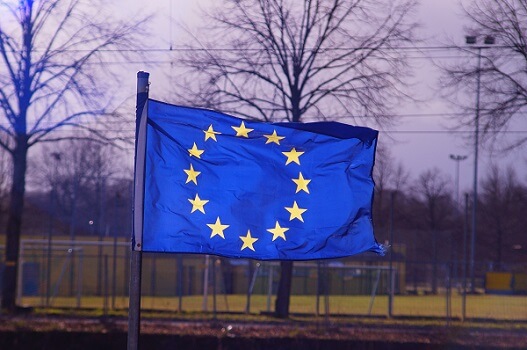
ACPR grants Circle e-money license for USDC and EURC across EU.
Circle is the first stablecoin issuer to get licensed under MiCA regulation.
MiCA aims to protect investors with stablecoin transaction limits.
Circle has become the first stablecoin issuer to secure regulatory approval under the European Union’s Markets in Crypto-Assets (MiCA) regulations.
The license, issued by France’s financial regulator, the Autorité de Contrôle Prudentiel et de Résolution (ACPR), grants Circle the ability to issue its USDC and Euro Coin (EURC) stablecoins across the EU.
Circle now authorized to issue stablecoins throughout the EU
Circle’s e-money license from the ACPR positions it as a pioneer in complying with MiCA regulations.
Jeremy Allaire, Circle’s co-founder and CEO, highlighted the significance of this achievement, noting that it reflects the company’s commitment to building robust and regulated infrastructure for digital currencies.
The license enables Circle to offer its stablecoin services throughout the European Union, thanks to MiCA’s “passporting” feature, which allows crypto firms registered in one EU country to operate across all member states.
In a nutshell, stablecoins, such as USDC and EURC, are cryptocurrencies pegged to fiat currencies, offering a stable alternative to the volatility typically associated with other cryptocurrencies like Bitcoin. They facilitate quick transitions in and out of crypto investments without relying on traditional bank accounts, making them an attractive option for investors.
Impact of MiCA regulations on crypto operations in the EU
MiCA represents the EU’s first comprehensive legal framework governing crypto operations, including specific provisions to protect investors and prevent market manipulation.
The initial set of MiCA regulations pertaining to stablecoins took effect immediately on June 30, while the remaining provisions for crypto asset service providers will be implemented by the end of December 2024.
Full compliance with all MiCA regulations is required by July 2026.
One notable aspect of MiCA’s stablecoin rules is the limit on daily transaction volumes of non-euro stablecoins, capped at 1 million transactions or 200 million euros. This regulation aims to ensure market stability and protect the financial system from potential risks associated with high-volume transactions.
Circle’s USDC stablecoin second to Tether’s USDT
Circle, established in 2018, has rapidly grown to become a major player in the cryptocurrency market. Its USDC stablecoin is the second-largest globally, with $32.4 billion worth of tokens in circulation, second only to Tether’s USDT, which boasts $112.7 billion.
The new regulatory approval under MiCA not only strengthens Circle’s market position but also enhances its ability to offer secure and compliant stablecoin services across the EU.
It is important to note that while some crypto services providers like Bitstamp have dropped Tether’s stablecoins in the EU, Circle’s regulatory approval gives the USDC an edge over the Tether’s stablecoins in the EU.





Be the first to comment